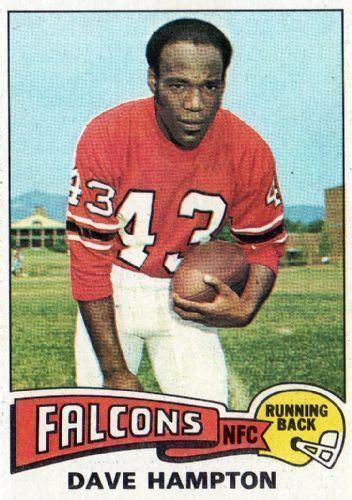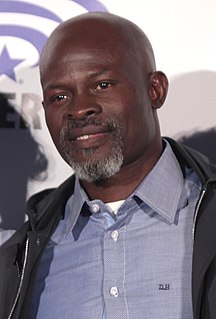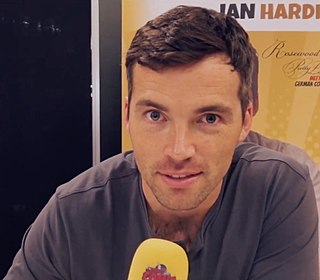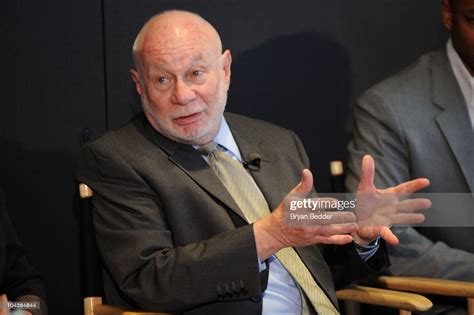A Quote by Michael Shermer
As a social primate species, we modulate our morals with signals from family, friends and social groups with whom we identify because in our evolutionary past, those attributes helped individuals to survive and reproduce.
Related Quotes
The three pillars of development (economic, social and environmental) must be strengthened together. But it is evident that two of the pillars - economic and social - are subsidiary to, and underpinned by, the third: a vibrant global ecology. Neither dollars nor our species will out-survive our planet. The earth can survive happily without people or profit
When a stranger comes into our presence, then, first appearances are likely to enable us to anticipate his category and attributes, his 'social identity' - to use a term that is better than 'social status' because personal attributes such as 'honesty' are involved, as well as structural ones, like 'occupation.'
Despite long-standing claims by elites that Blacks, women, Latinos, and other similarly derogated groups in the United States remain incapable of producing the type of interpretive, analytical thought that is labeled theory in the West, powerful knowledges of resistance that toppled former social structures of social inequality repudiate this view. Members of these groups do in fact theorize, and our critical social theory has been central to our political empowerment and search for justice.
Social media has allowed groups, such as ISIL, to use the Internet to spot and assess potential recruits. With the widespread horizontal distribution of social media, terrorists can identify vulnerable individuals of all ages in the United States - spot, assess, recruit, and radicalize - either to travel or to conduct a homeland attack.
Facebook has never been merely a social platform. Rather, it exploits our social interactions the way a Tupperware party does. Facebook does not exist to help us make friends, but to turn our network of connections, brand preferences and activities over time - our 'social graphs' - into money for others.
In the digital universe, our personal history and its sense of narrative is succeeded by our social networking profile - a snapshot of the current moment. The information itself - our social graph of friends and likes - is a product being sold to market researchers in order to better predict and guide our futures.
Evolutionary biologists often avoid using the term "race" because there is so much racist baggage that comes with the term. However, they are often okay with the idea that the genealogy of human groups within our species can sometimes be inferred in much the same way as the genealogy of different species.
If we expected self-reliance of family groups, if we expected hardiness and resilience and initiative on the part of individuals, and if we rewarded initiative instead of dependence on government, we would not only ameliorate many of the family-related social problems we see at present, but we would also reduce our vulnerability to terrorism. People who are hardy, resilient, and self reliant are a lot harder to terrorize.





































